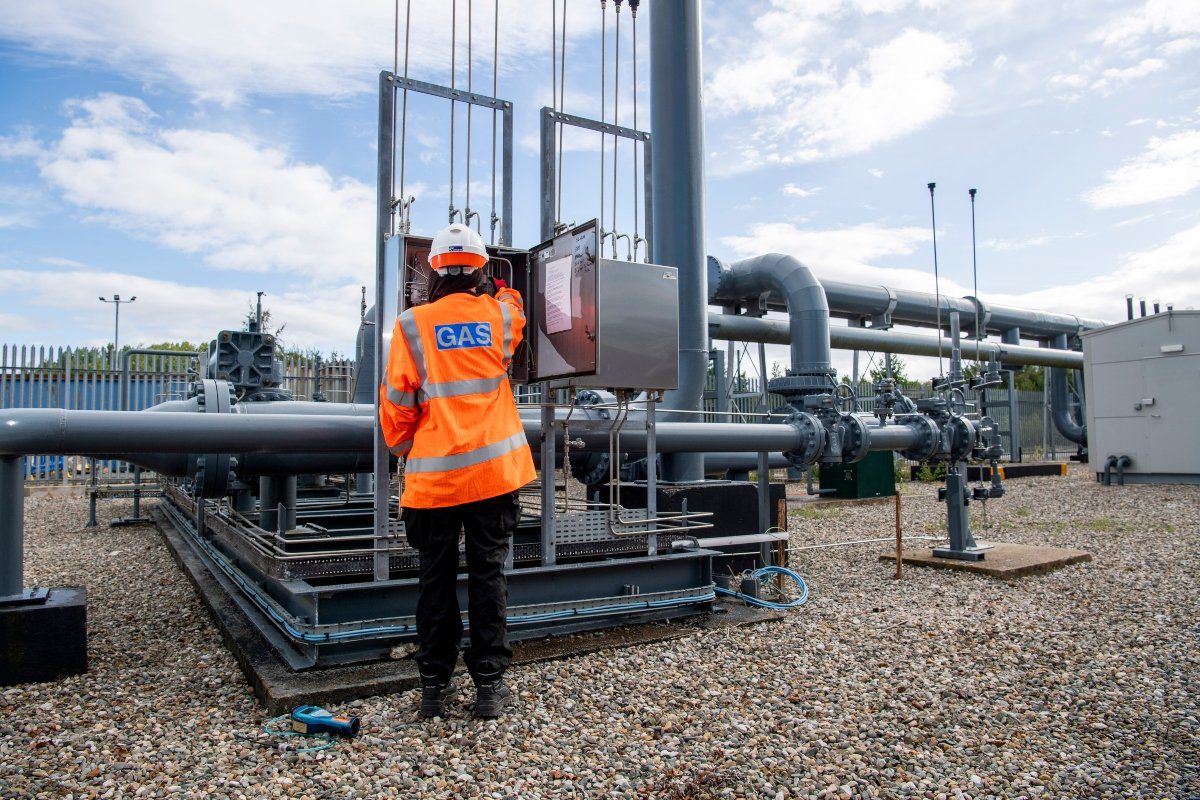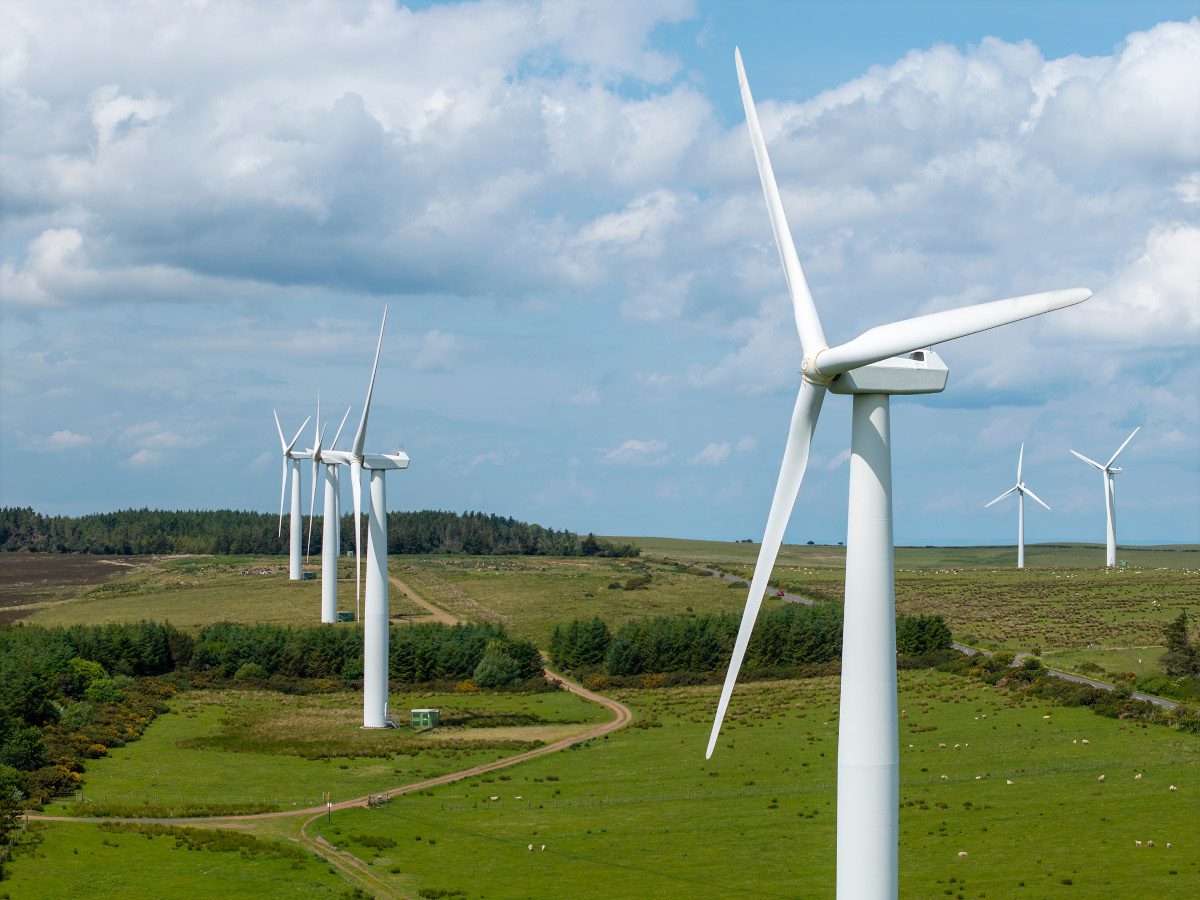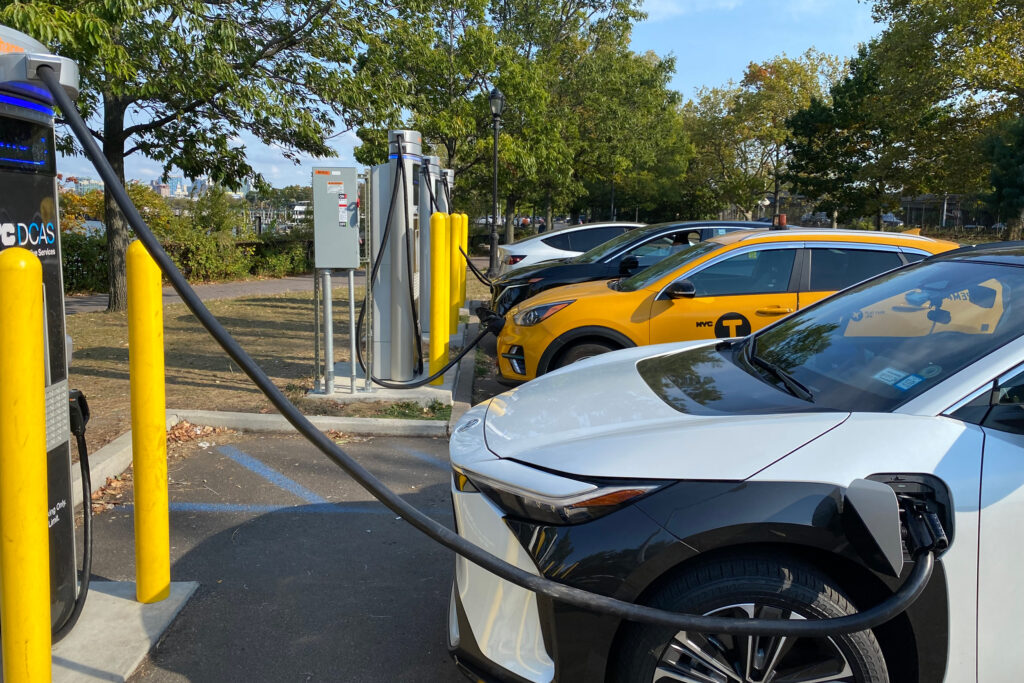Ann Gordon, UK & Ireland Transport Lead, Ramboll reflects on the significance of the government’s Spending Review in June, and why she believes it to be an important milestone in the UK’s journey to net zero
The 2025 Spending Review was more than a fiscal event. It was an opportunity to reshape the UK’s housing and transport landscape through sustainable, system-wide thinking. With £39bn allocated for affordable housing and £15.6bn for transport, a doubling of city region transport funding and a fourfold increase for local transport improvements by 2030, the scale of ambition is significant.
But to meet the UK’s environmental commitments, tackle social inequities, and future-proof infrastructure against climate risks, funding must be deployed in a way that integrates transport, housing, energy, water, and nature-based solutions from the outset.
Sustainable design
Public transport expansion and sustainable housing delivery can dramatically cut operational carbon, improve air quality, and promote modal shift away from private car use. The inclusion of £15.6bn for train, tram, and bus projects, from Northern Powerhouse Rail to West Yorkshire light rail, presents an opportunity to embed low-carbon mobility into regional growth strategies.
Yet sustainability isn’t just about reducing carbon. Projects should adopt regenerative design principles, incorporating biodiversity net gain, on-site renewable energy generation, water-sensitive urban design, and circular construction methods. Done well, this will reduce lifecycle emissions and improve climate resilience.
Integration through strategic planning
Historically, delivery has been fragmented. Developers working independently, projects approved in silos, and infrastructure built reactively to the demand of the needs of politicians. The Spending Review funding changes this. It allows for a shift to a predictive, systems-based approach, where transport and housing investment is planned together with utilities, green infrastructure, and public services.
This push for integration is welcomed. In the second committee stage of the Planning and Infrastructure Bill, planning minister Matthew Pennycook outlined the government’s proposed approach, to “garner support from all sides of the House, and so create a stable and consistent framework for planning the growth that this country so desperately needs.” This is a crucial message with cross-party support for the return of strategic planning fundamental to its success, particularly given the increasing complexity of British politics.

The government has already taken steps to address delivery bottlenecks with proposals to modernise planning committees, streamline the role of statutory consultees and national infrastructure application processes, and introduce national development management policies. But reforms will ultimately fail if every part of the system is not fully functioning from decision-making capacity at local level to resourcing for environmental assessments and community engagement.
International examples such as Copenhagen’s Nordhavn, where transport, housing, and sustainability measures were designed together, demonstrate how integration drives long-term economic and environmental outcomes. In London, the King’s Cross regeneration has shown how transport upgrades, public realm improvements, and mixed-use development can work in synergy.
Climate adaptation
This investment arrives at a critical moment. The UK must accelerate progress towards net-zero carbon emissions, strengthen climate adaptation, and reverse biodiversity decline. Large-scale infrastructure is both a risk and an opportunity in this context: poorly designed projects can lock in emissions for decades, while well-designed ones can enable a low-carbon, resilient future.
Major schemes like the Øresund Bridge and the Mersey Gateway Bridge demonstrate how transport infrastructure can be delivered with robust environmental safeguards, from protecting marine ecosystems to reducing congestion and air pollution. The same ambition must be embedded in every new UK project funded under this review.
To translate funding into environmental outcomes, cross-sector partnerships are essential. Centralising certain decision-making processes can provide clarity and efficiency, but collaboration across government, industry, investors, and communities will ensure developments meet real-world needs and remain resilient over their lifecycle.
An important moment for sustainable infrastructure
The Spending Review provided the financial commitment to catalyse systemic change. However, sustainability and integration must be treated as a core metric of success, not a secondary benefit. It is essential to maintain momentum, ensure these plans are executed efficiently and effectively and that every pound spent moves us closer to a connected, inclusive, and climate-resilient UK.
The benefits of these investments will not only be felt immediately but will resonate for generations to come, creating a stronger, more inclusive, and sustainable UK.
















